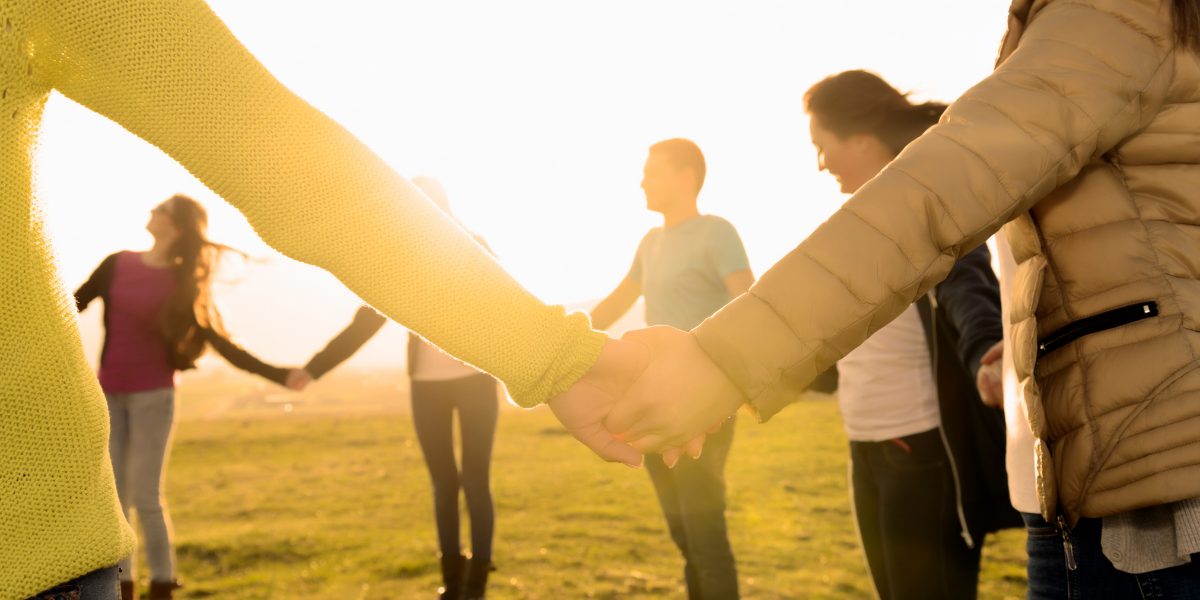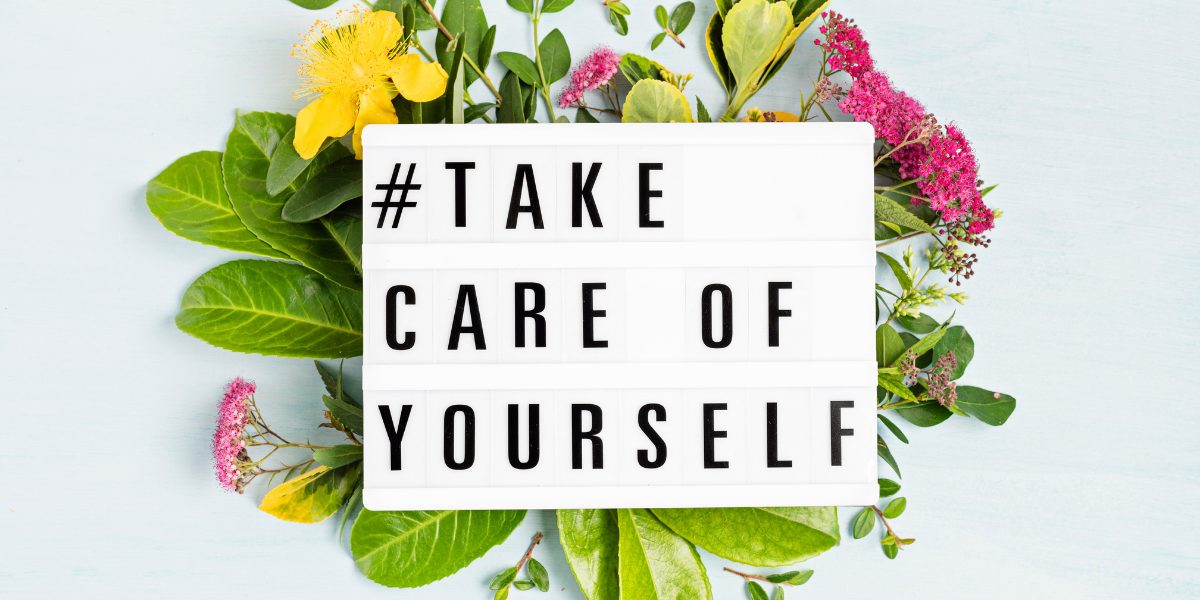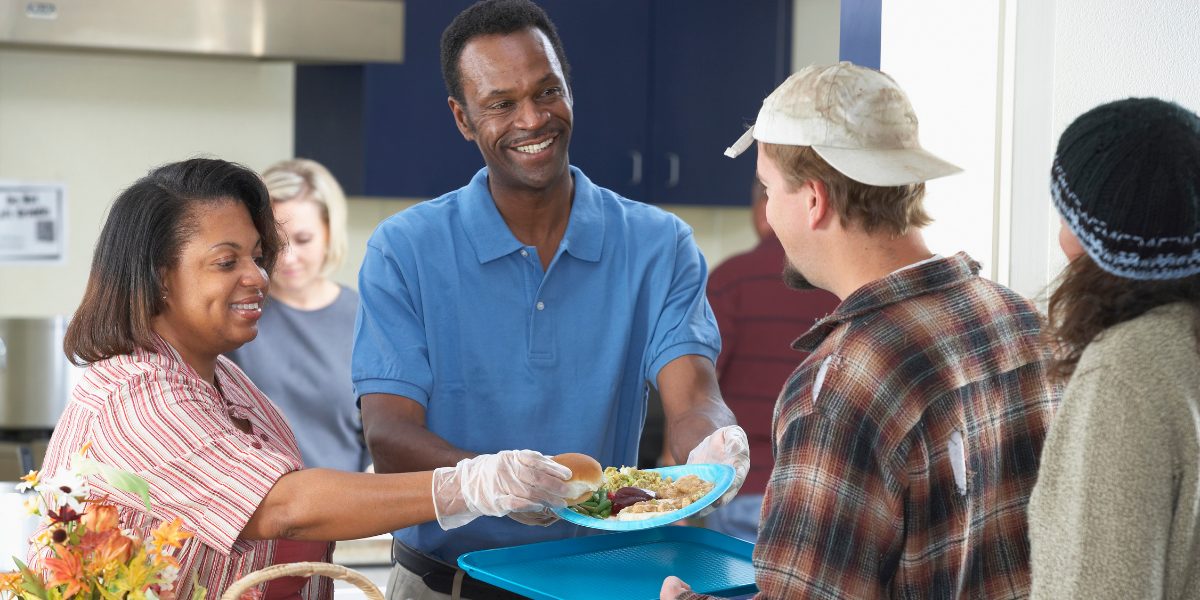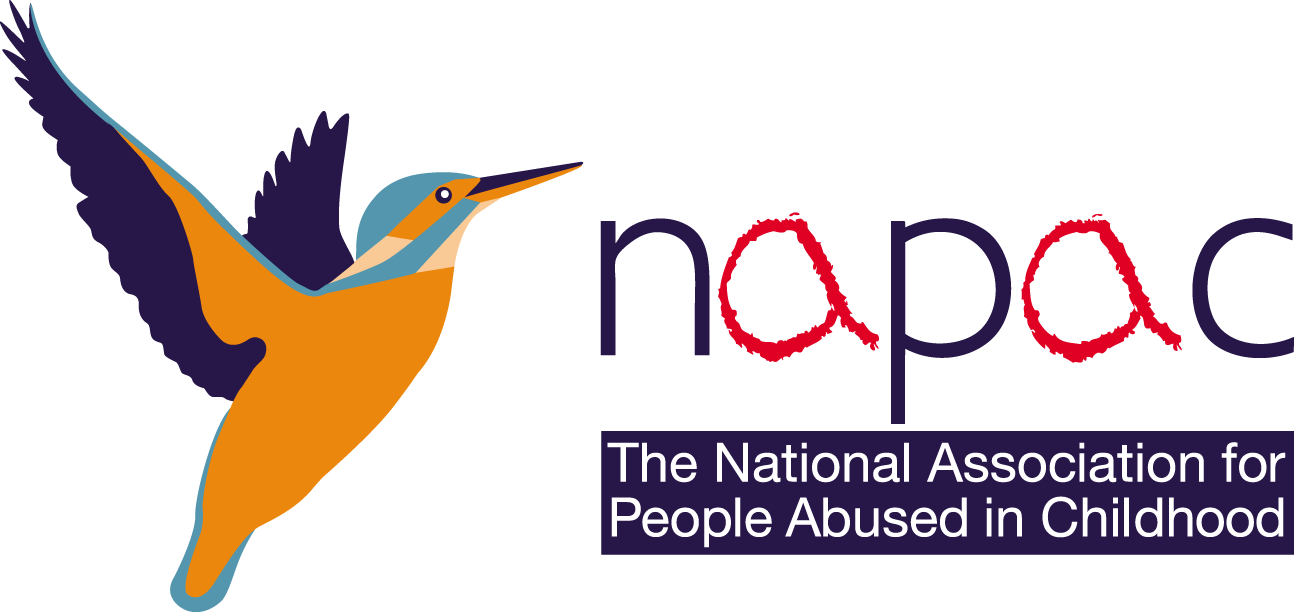
Another Christmas is just around the corner and it’s natural for all of us to feel a bit apprehensive.
We know that for many survivors the festive season is marred by the possibility of seeing abusers, family estrangement, or returning to the setting of the abuse.
At least 80% of all types of abuse occurs within the family, so for many survivors Christmas is an uncomfortable time. We’ve heard from many survivors through our support services who are apprehensive of the upcoming Christmas break, so this is just a brief note with some tips on how to handle the holidays.
Don’t struggle alone – reach out
There’s no shame in struggling with your emotions, regardless of the time of year. Don’t underestimate the power of a conversation. If you’re having a tough time, please get in touch with either of the below.
- Our support service – 0808 801 0331 (confidential and free from landlines and all mobile networks). Our line is-open until 22nd December at 6pm, when it will close over Christmas. It reopens on 2nd January at 10am. You can also email us at support@napac.org.uk.
- We have a large bank of free, downloadable resources which can be found here
- Samaritans 116123 (freephone) – Samaritans are open 24 hours a day, all year round.

Prioritise your self-care
The holidays can be hard for survivors, and the emotional turmoil can take its toll, so it’s a good idea to implement a self-care routine, or to increase the amount of existing self-care if you already practice.
This doesn’t necessarily mean distracting yourself with fun activities; self-care is about building a life you don’t feel you want to escape from. For you that could mean taking care of your diet, planning proactively for next year, or introducing a better bedtime routine.
Many people make a list of enjoyable activities that soothe them when they’re feeling out of sorts; whether that’s indulging in a creative activity like painting or writing, taking a walk in a quiet, natural surrounding or a relaxing in a hot bath.
Good self-care also includes saying ‘no’ when you want to, because you’re too tired, because you want some ‘you’ time, or to protect yourself.

Set your own boundaries and be prepared for questions about Christmas
You are entitled to say no to family gatherings. It is important to put your physical and mental wellbeing first, and if you’re in any doubt about that, consider saying no or using other boundaries to reduce the amount of time you spend in situations that make you uncomfortable.
It’s not uncommon for survivors of childhood abuse to have a fear of saying ‘no’, especially when it comes to family and abusers. Some people may react angrily to boundaries, especially when they are used to getting their own way. It can be difficult, but someone being angry with you saying no doesn’t mean you should have said yes. It is important to do what feels right for you.
We hear from many survivors at this time of year who have been triggered because a colleague or friend has asked about their plans for Christmas, be as prepared for this as possible. It can be helpful to work out an answer that you are comfortable with in advance, and to reacquaint yourself with grounding techniques that can be easily deployed at the office or in a public place – as you may be asked this question frequently throughout December.

Get away for a while
If you have the means, why not reinvent your Christmas and plan a holiday? Going abroad is still possible by following travel guidelines, but do check what is required for different destinations and take the necessary precautions.
Perhaps there’s somewhere you’ve always wanted to go, or an old friend you’ve been meaning to visit? This works just as well if there’s a group or if you’re planning to spend Christmas on your own. With a lot of people participating in traditional Christmas celebrations it is also a brilliant time to grab a bargain on a flight and hotel, and many of the major European cities are extremely beautiful at this time of year.

Volunteer
Helping others by volunteering has been shown to improve your health and wellbeing. It’s also a great way to meet new people and expand your support network whilst helping others, and a chance to feel valued and useful over a period where you may not be feeling positive about yourself.
At Christmas there are lots of opportunities to help charities. There are national and local charities that arrange lunches and support for people who struggle to access them at this time of year including the homeless, refugees, and people escaping domestic violence. You could also contact your local church or nursing home, as they often put on a Christmas day lunch for elderly people who would otherwise have spent Christmas alone, and need helpers.

Balance social media with in-person socialising
The relentless highlight reel of Winter Wonderlands, happy families, dressed-up dogs and roast dinners on social media can often elicit feelings of isolation and sadness. Remember that social media doesn’t show the whole truth of how someone is feeling and many people feel alone at this time of year.
Consider meeting for a warm coffee when it’s cold outside or go for a crisp morning run with friends? There are still plenty of ways to meet up safely, with outdoor seating and social distancing.

How do you get through Christmas? Let us know by tagging us on Twitter @NAPAC or Instagram @NAPAC.UK and using the hashtag #SurvivorsatChristmas
Merry Christmas to you all, and best wishes for the year ahead!
Adapted from a previous blog post by Dawn Neville, former NAPAC Trustee
